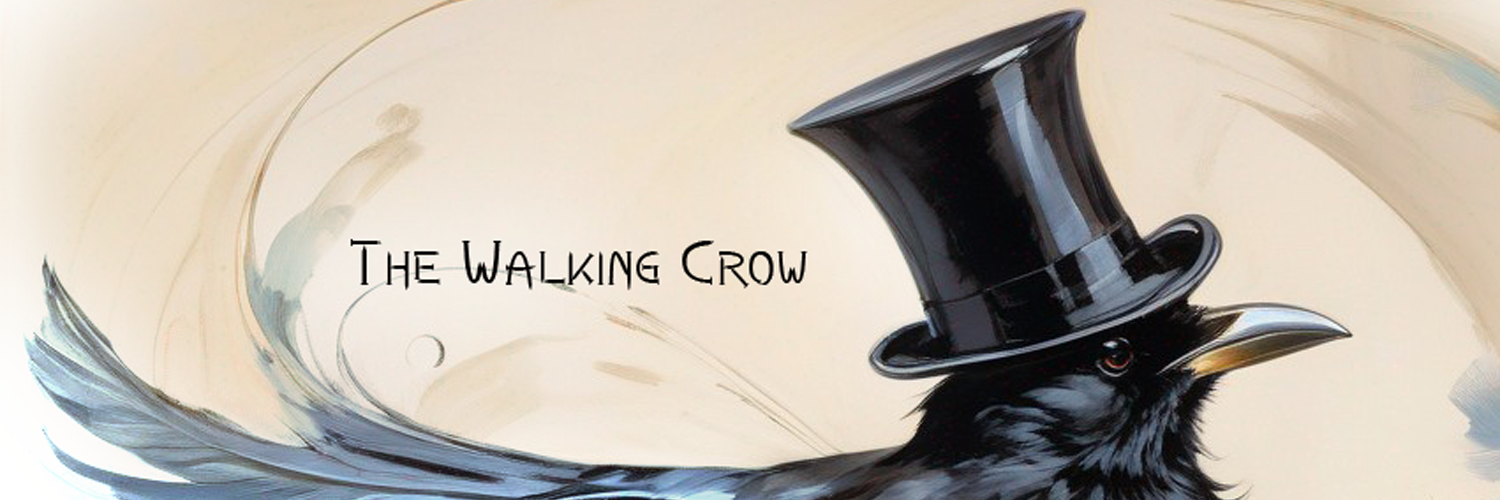This website uses affiliate links, which means we may earn a commission if you click on a link and make a purchase. This does not affect the price you pay.
The Walking Crow's Guide to Plants and Gardening
The Aglaonema ‘Wishes’, commonly known as the Chinese Evergreen, is a vibrant and eye-catching houseplant cherished for its stunning foliage and easy care. Its leaves showcase a delightful blend of green, pink, and red hues, making it a captivating addition to any indoor space.
- Genus: Aglaonema
- Species: Aglaonema commutatum (cultivar ‘Wishes’)
- Growing Zone: Not winter hardy, typically grown indoors year-round.
- Origin: Native to tropical and subtropical regions of Asia and New Guinea.
- Toxicity: Toxic to cats and dogs if ingested. May cause oral irritation, vomiting, and difficulty swallowing. Keep out of reach of pets.
- Health Benefits: Like many houseplants, the Aglaonema ‘Wishes’ can contribute to improved indoor air quality by removing harmful pollutants and increasing oxygen levels. However, its air-purifying capacity is relatively moderate.
- Soil: Prefers well-draining potting mix that retains some moisture.
- Sunlight: Thrives in bright, indirect light. Can tolerate low light conditions but may lose some of its vibrant coloration. Avoid direct sunlight, which can scorch the leaves.
- Water: Water when the top inch of soil feels dry to the touch. Allow excess water to drain to prevent root rot. Reduce watering frequency in winter when the plant’s growth slows.
- Humidity: Prefers moderate to high humidity levels. Increase humidity by misting regularly, using a pebble tray, or running a humidifier.
- Temperature: Ideal temperature range is 65-80°F (18-27°C). Avoid cold drafts and sudden temperature fluctuations.
- Fertilizer: Feed monthly during the growing season (spring and summer) with a balanced liquid fertilizer diluted to half strength.
- Pruning: Prune occasionally to maintain shape and encourage bushier growth.
- Propagation: Can be propagated through stem cuttings or division.
- The Aglaonema ‘Wishes’ is a relatively low-maintenance plant, making it suitable for beginner gardeners.
- It’s known for its tolerance to low light conditions, making it a good choice for spaces with limited natural light.
- In some Asian cultures, Aglaonema plants are believed to bring good luck and prosperity.
- With proper care, the Aglaonema ‘Wishes’ can thrive for many years, adding a touch of tropical beauty to your home or office.
********
Search terms: Aglaonema Wishes, Chinese Evergreen, plants, hobbyist, collectible, tropical plant, cactus, succulent, genus, species, plant, potted plant, indoor plant, indoor garden, plant bomb, seed bomb, the walking crow, nursery, greenhouse, fertilizer, soil, plant care, plant health, home garden, toxicity, gardening, blooming, leaf, leaves, flower, flowering, water, growing zone, perennial, annual, planting, thewalkingcrow, Rotanist Botanist, sunlight

Thank you.
Latest Blog Posts
This website uses affiliate links,
which means we may earn a commission if you click on a link and make a purchase.
This does not affect the price you pay.











